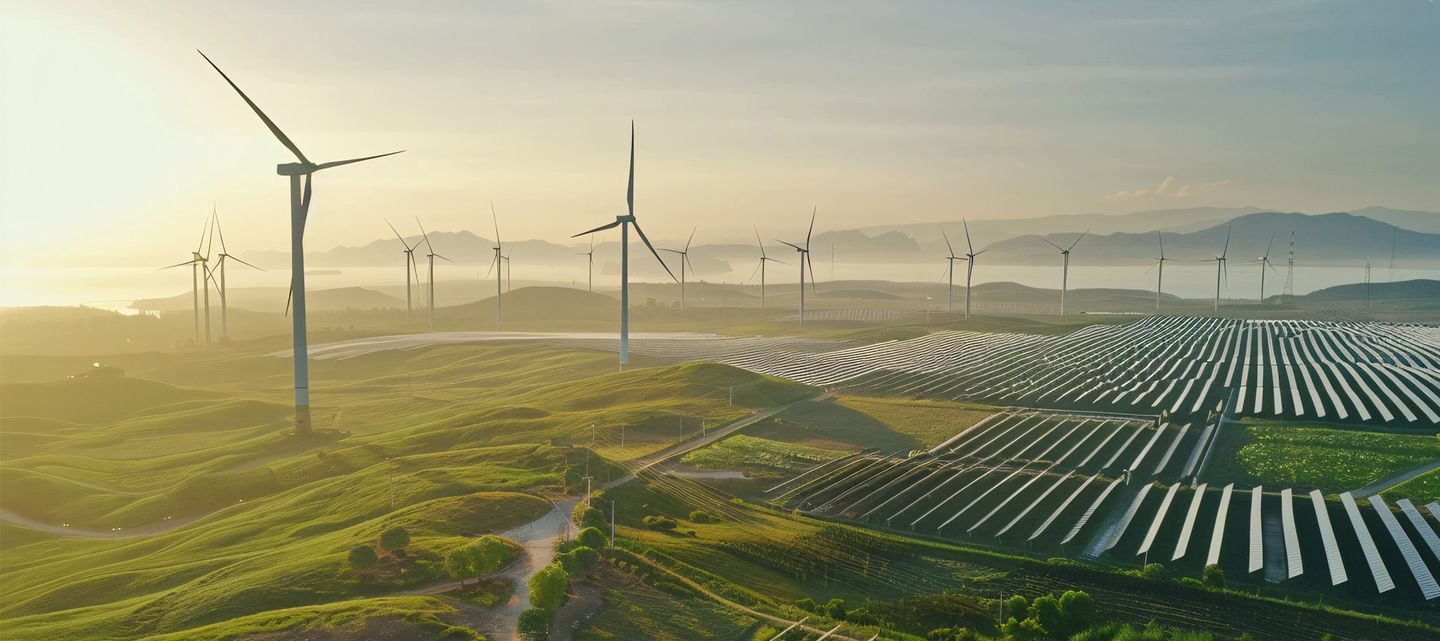

- Home
- Companies
- Renewables Academy (RENAC) AG
- Training
- Energy Storage - Application and ...

Energy Storage - Application and Technology Course
Efficient energy storage is key to integrating renewables and optimizing energy use. This Energy Storage System (ESS) course provides a comprehensive overview of energy storage technologies, including Battery Energy Storage Systems (BESS), compressed air, pumped hydro, magnetic, thermal storage, electro-echmical and hydrogen-based solutions.
The ESS course provides insights into the progress and challenges faced by energy storage systems. These systems have the potential of bridging the gap between the supply and demand of energy, especially in networks using a high proportion of renewable generation. Despite significant technical improvements over the last few years, storage markets are still in their infancy, and some energy storage system technologies face both economic and technological challenges.
The ESS training presents the most important energy storage options, with their advantages and disadvantages. Specifically, the following examples of ESS are described in detail:
- Mechanical storage; e.g. compressed air energy storage (CAES) or pumped hydro plants
- Electrical storage; e.g. superconductive magnetic energy storage (SMES)
- Thermal storage (TES)
- Electro-chemical storage (batteries)
- Chemical storage (e.g. hydrogen)
- Describe the purpose and future role of energy storage systems (ESS)
- Classify storage technologies
- Calculate specific costs and compare different economic aspects of ESS
- Explain how different energy storage technologies complement each other
- Flexibility to study at any time and from any location
- Moderated discussion forum for students
- Contact with learning facilitators
- Multimedia learning materials
- Self-assessments
- Discounts for our alumni, group bookings, and multiple purchases
- RENAC certificate upon successful completion of the course
- Terminology and definitions
- EEES classification according to the system integration method and duration of power supply
- Storage applications in different sectors
- Mechanical energy storage systems
- Electrical energy storage systems
- Electrochemical energy storage systems
- Thermal energy storage systems
- Economics of energy storage systems
- Energy professionals looking to deepen their understanding of ESS solutions
- Engineers and project developers who need to assess energy storage
- Policy makers and regulators seeking insights into ESS advantages and challenges
- Business professionals evaluating the feasibility of energy storage solutions
- Grid operators and utilities aiming to optimize energy management
- Anyone new to energy storage who wants a structured introduction
- Duration: 4 weeks.
- Study time: about 20 hours.
- Course language: English.
- Detailed course description: an overview of the course is available for download.
- E-learning platform: you can access the demo course on our e-learning platform.
- Price: €240.34*
